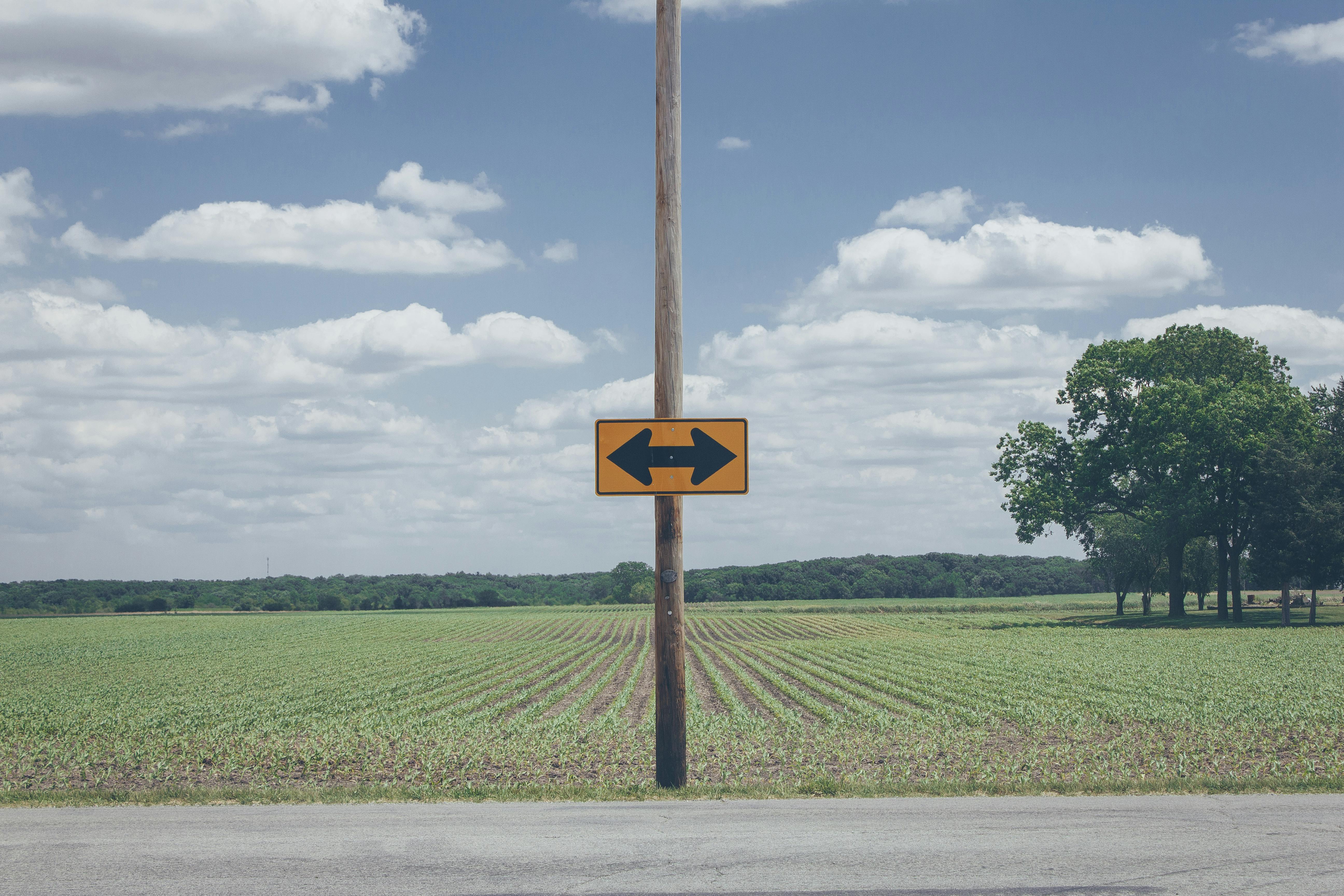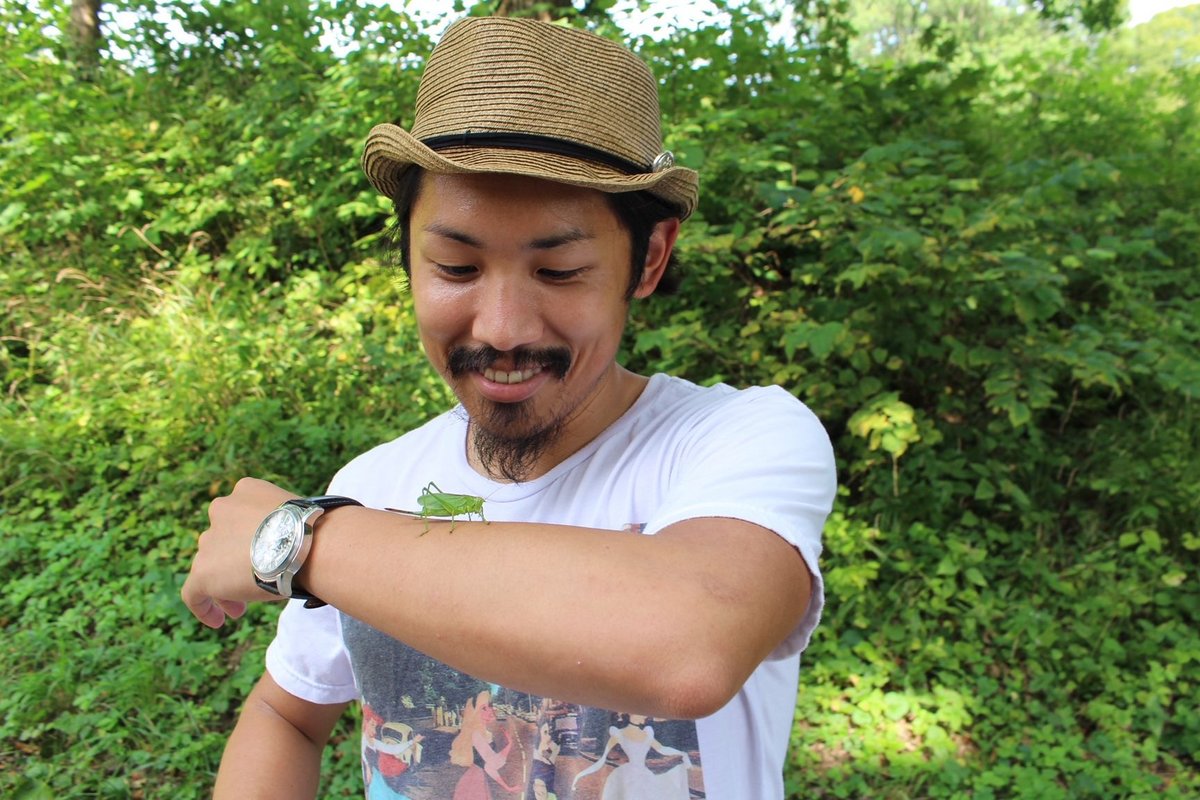
“With a grain of salt”: How humans learn from others
When we make decisions, we are often guided by the opinions and experiences of those around us. Yet we actually have quite different preferences, tastes and goals. An international research team led by the Universities of Tübingen and Konstanz investigated how we learn from others despite individual differences. The scientists found that humans tend to treat social information as a recommendation – with some scepticism. They also use it to save themselves costly exploration. The results open up new paths to incorporate similar learning principles into artificial intelligence (AI).
Imagine you are visiting a new city for the first time, and dinner time rolls around. How do you choose a restaurant? You could just check reviews and go to the highest-rated option. But how can you be sure that the reviewers share your food preferences, your spice tolerance, or your budget? And how do humans in general manage to learn from others when preferences can vary quite substantially between individuals?
How we use social information
Until now, much research on how people learn from others has focused on settings where everyone has identical goals and preferences. However, in the real world, that is rarely the case. A new study, now published in the scientific journal Proceedings of the National Academy of Sciences (PNAS), closes this gap by investigating how humans use social information to make decisions when the preferences of those around them are not a perfect match. The research was led by scientists from two German Clusters of Excellence – the Cluster Machine Learning at the University of Tübingen and the Cluster Collective Behaviour at the University of Konstanz – together with colleagues from RIKEN (Japan), and the University of St Andrews (United Kingdom).
To study this phenomenon, the researchers created an online experiment that resembled a video game. The game was designed to mimic everyday decision-making situations. Participants completed the game in groups of four. Each participant had a goal, which was individually unique, but similar to that of the other participants. Throughout the experiment, participants were able to see the progress of their fellow players.
Social information serves as a decision-making aid
The results show that, even in this setting, humans use social information to guide their decisions, but also take these cues “with a grain of salt”. In the experiment, they treated social information as less reliable than information they collected themselves, but still flexibly adapted it for their own circumstances. To explain this phenomenon, the researchers introduced a new social generalization model, which outperformed a number of other models from previous theories in predicting behaviour. “Unlike models from the previous literature, our model assumes that social information should be integrated similarly to individual information, rather than blindly copied”, explains lead author and PhD student Alexandra Witt.
With the help of this model, the researchers showed that humans use social information as an exploration tool. Individual exploration can be costly, both cognitively and in terms of risk. When social information was available, participants relied on it to guide their choices, saving themselves the costly individual exploration process. "The idea that social learning can function as an exploration guiding tool is not new", says Wataru Toyokawa, a co-author of the study, formerly of the University of Konstanz, who is now a group leader at RIKEN. "But what we found not only supported the idea, but helped us extend and generalize the theory to the case of diverse, heterogeneous human societies".
Why does this matter?
“Although recent advances have demonstrated the power of Artificial Intelligence, it still struggles to learn socially in a similar capacity as humans”, says senior author Charley Wu, who leads the Human and Machine Cognition Lab at the University of Tübingen. “Indeed, it is our extraordinary capacity for social and cultural learning that has played a key role in the success of the human species. A better understanding of this ability could let us incorporate similar principles into AI, such as in virtual assistants or recommendation algorithms”. Ultimately, social learning is one of humanity’s most powerful tools, and this research brings us closer to understanding this impressive ability.




